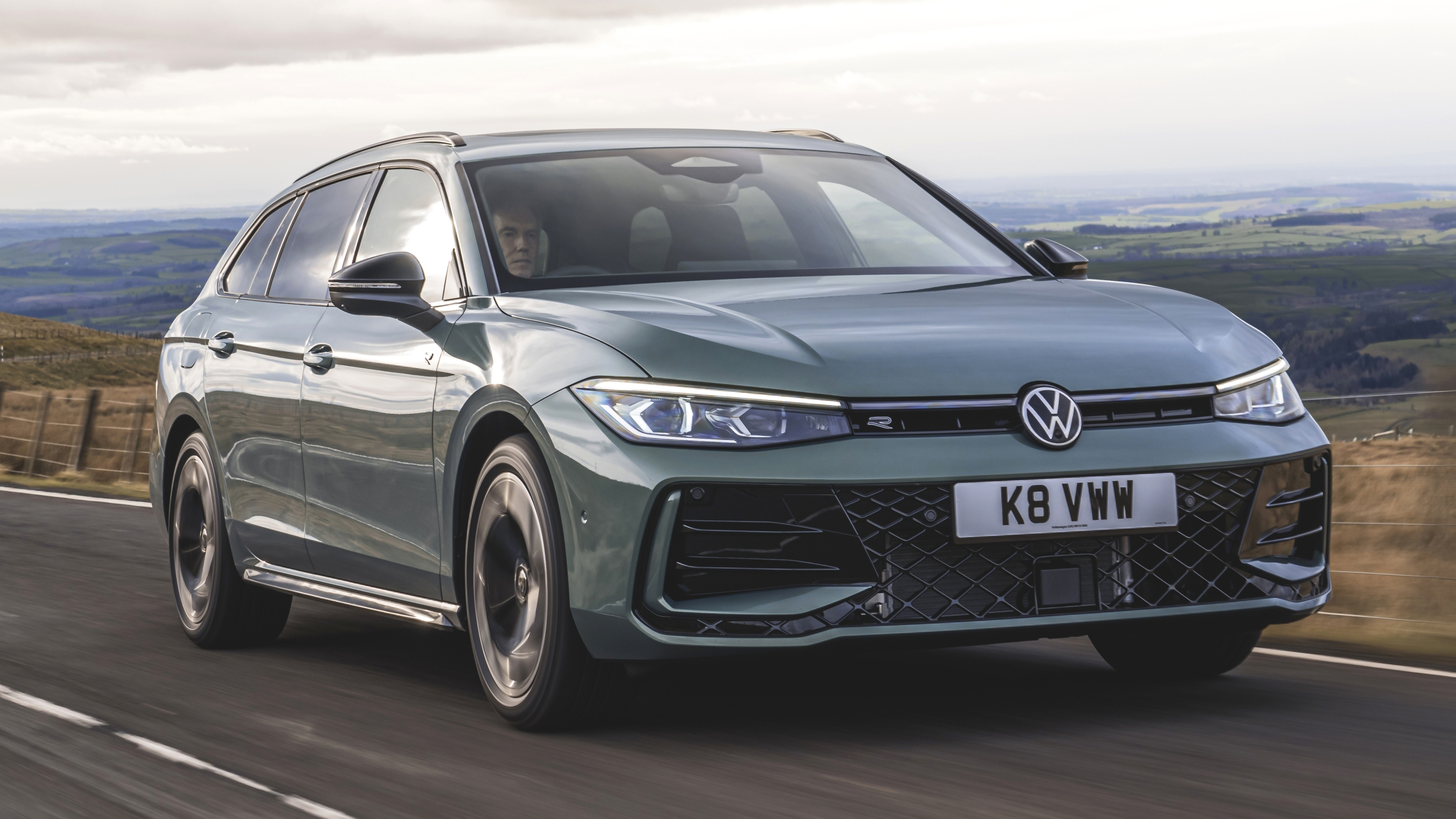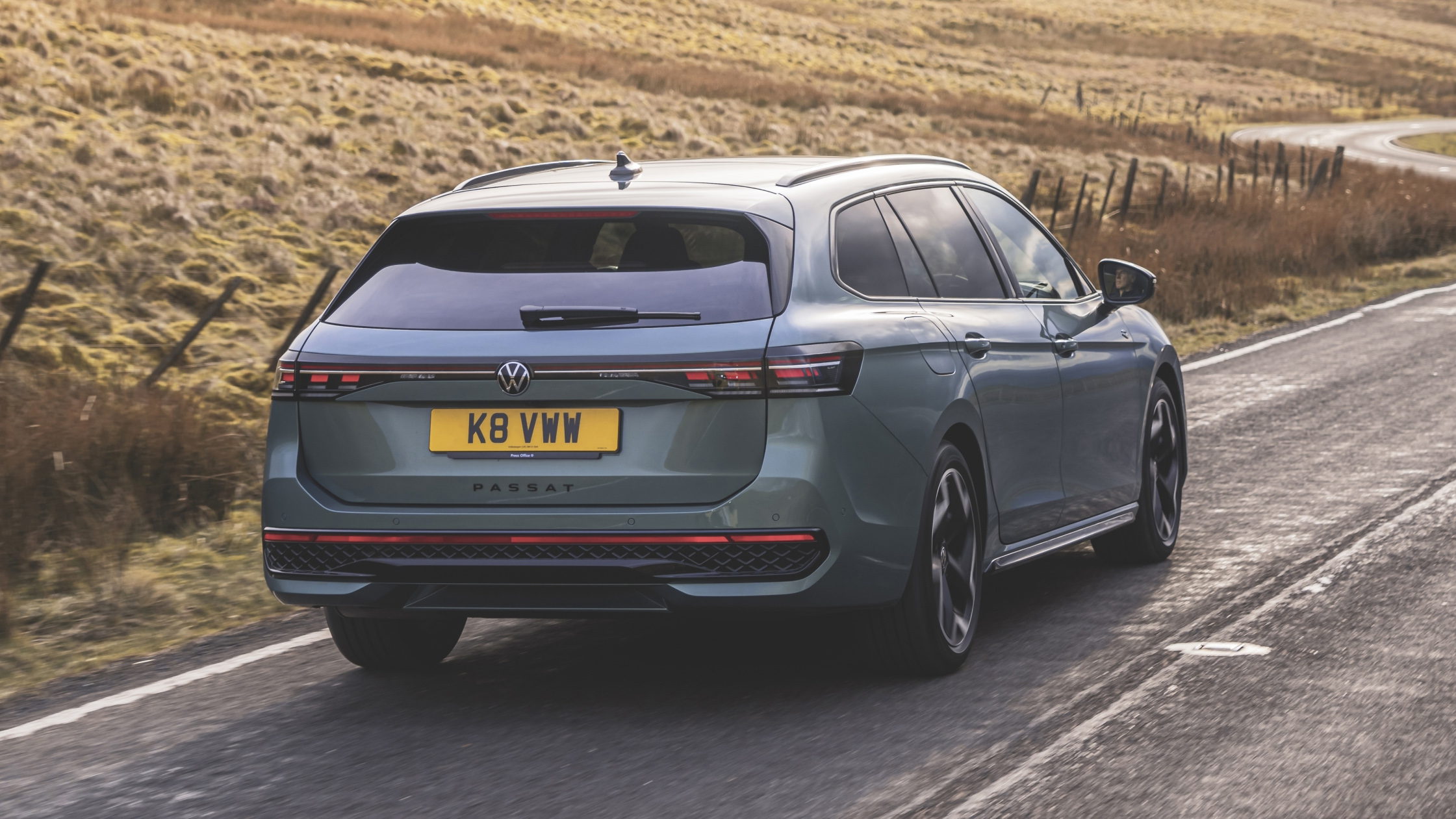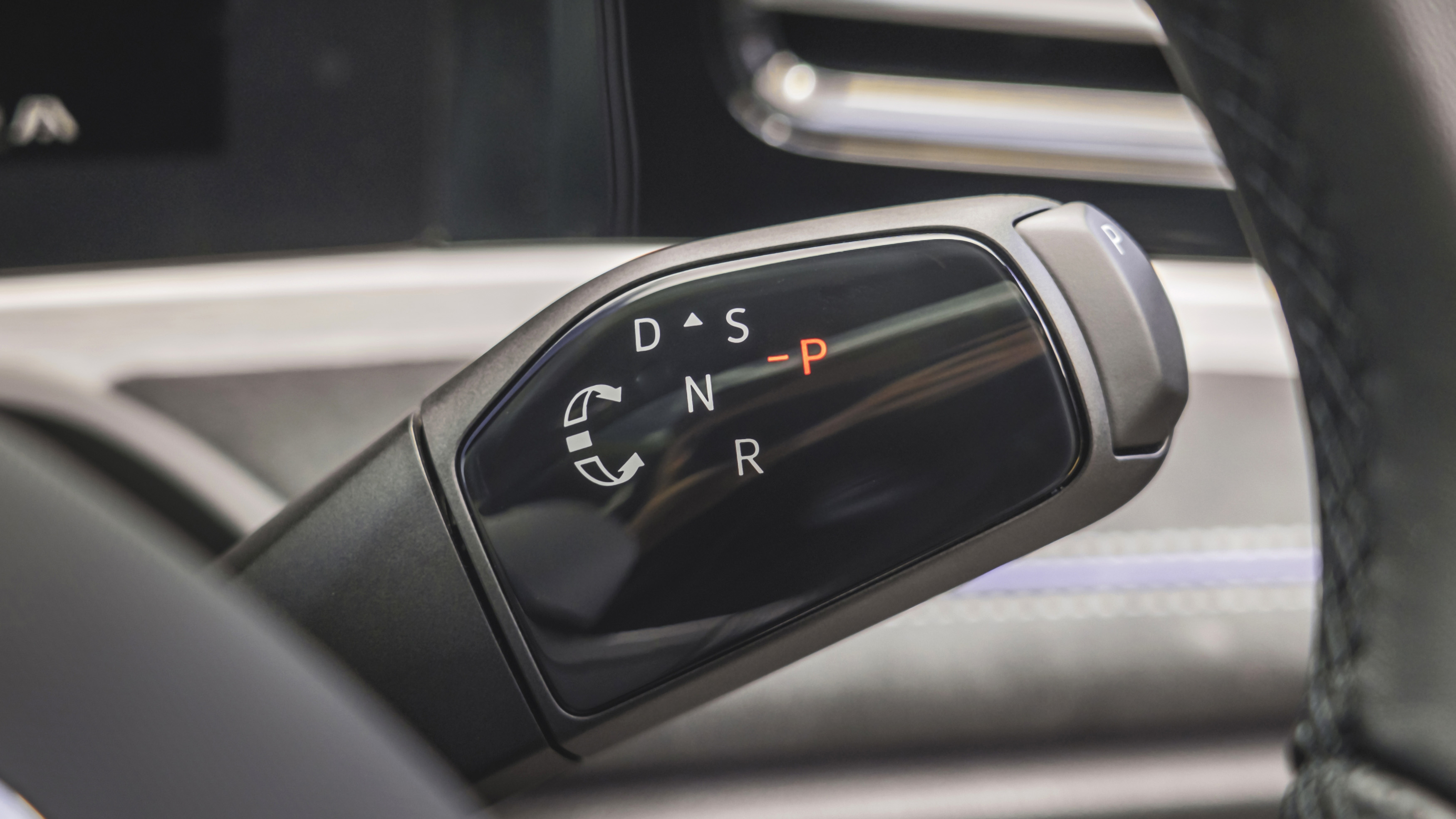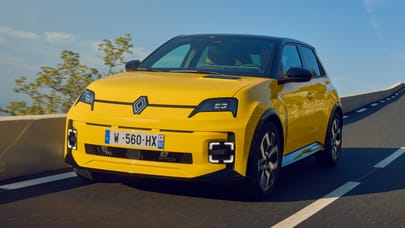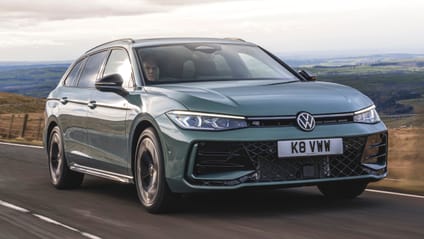
Good stuff
Admirably sensible, rides and handles better than an SUV (*cough* Tiguan *cough*)
Bad stuff
Looks dull and arguably shares too much with Skoda, limited UK powertrains
Overview
What is it?
Welcome to the ninth generation Volkswagen Passat. How many cars make it to nine iterations and six decades (the Passat first launched in 1973), all the while swimming against an increasingly vigorous current? Certainly not the Ford Mondeo or Vauxhall Insignia, just two of the stalwarts of this medium-sized marketplace that have been swept cruelly aside as the stock of the SUV continues to rise. Both literally and figuratively.
Premium models like the BMW 3 Series and Mercedes C-Class continue to succeed, though, therefore this latest Passat aims to climb an increment or two further upmarket to make a sharper case for itself in a shifting sector.
It’s also buddied up with perhaps our favourite car of this ilk. The Skoda Superb was always reasonably related to a Passat, but the latest versions of each share not just a platform and a bunch of powertrains, but rather a lot of bodywork. Clearly it’s how to keep cars of this size sustainable – and it’s a credit to the designers of each that they’ve crafted some styling variance, at least. With identical doors and glasshouses and near-as-dammit the same dimensions, that can’t have been easy.
Though we’ll be the first to admit the Passat’s styling hasn’t yet won our hearts. The outgoing Mk8 was always quite a crisp and chiselled thing, subtly stylish and rather assertive in its rugged Alltrack specification. This one, well, isn’t, its edges much curvier and carrying less definition.
With a noble cause, though; a newly slippery 0.25Cd drag coefficient whips its predecessor’s 0.31 into shape and nudges the humble petrol-powered Passat towards EV territory. The primary aim here isn’t a gargantuan range figure but rather optimum hush and refinement inside – all the better for matching the increasingly premium class standard.
Petrol powered, you say? No electricity?
Pure electric power remains the sole reserve of ID. models – for now – but there’s still electrification here. British buyers get three different powertrains to choose from, all of them hybridised to some extent. A so-called ‘mild-hybrid’ kicks off the range, its 1.5-litre four-cylinder petrol engine getting a minor electrified boost for a smoother, more efficient stop/start procedure in traffic and the ability to coast completely in some conditions. Its 148bhp output has the potential to feel a bit meek in a 4.9m-long, 1.6-tonne estate and a 9.2-second dash to 62mph certainly sits at the more conservative end of the spectrum.
More power comes from two plug-in hybrid options above it, each using their own tune of 1.5-litre TSI allied to a matching 113bhp e-motor, though you’ll have to wait until later in 2024 if you want to order one of those.
The first plug-in is a 201bhp eHybrid, with an 8.0s 0-62mph time and a significantly smaller boot than the mild-hybrid. Top of the tree is the 268bhp eHybrid that cuts the acceleration figure down to 7.4s. Both use a 19.7kWh (net) battery capable of DC fast charging (up to 50kW) and which can offer a WLTP figure of 77 miles of fully electric range – or an overall figure of 560 miles with petrol and electric combined. That slick aero profile scores another point.
No other options?
Buyers outside the UK get the option of diesels and a 2.0-litre TSI petrol borrowed from the latest VW Golf GTI – indeed the VW Tiguan, based upon the same platform, offers such engines in Britain – but a sign of the times is that the Passat is considered more niche than its SUV sibling, therefore its options are much more curated.
Further proof is that all cars use a DSG twin-clutch automatic transmission – seven speeds in the mild-hybrid, six speeds in the eHybrid – while crucially every single Passat is now an estate. Yep, even though its Skoda Superb twin offers a saloon-shaped hatchback, VW has opted to go wagon only.
How much will it cost me?
Great question. While the Skoda Superb starts at £36,175 in estate form, Passat pricing will kick off at £38,490 here in the UK. For that you’ll get the mild-hybrid in entry level Life trim. Top spec R-Line trim with the same powertrain starts at £42,840, with PHEV prices set to be confirmed later in the year.
Our choice from the range

What's the verdict?
Volkswagen hasn’t had the simplest few years since the infamous ergonomic overhaul of its Mk8 Golf and electric ID. models. The Passat launches aiming to restore peace, and while touchscreen operation still rules inside, it definitely offers improvement.
The car lacks character when it’s so clearly twinned with the Skoda Superb, but in the large and semi-luxurious estate car class there are few better cars to riff off. Thus we have a big, practical bus with massaging seats, mostly hushed refinement and a very solid feeling.
It’s a shame UK buyers can’t have bigger engines, but VW’s rationale in a shrinking marketplace is surely understandable. If you can live with the smaller 1.5 TSI of the numerous hybrid options then you’ll end up with a comfy car that steers smartly. ‘Twas ever thus in the Passat’s eight previous generations.
The Rivals
Trending this week
- Car Review
Ferrari F80
- Top Gear's Top 9
Nine production cars that weren't as good as their concepts




